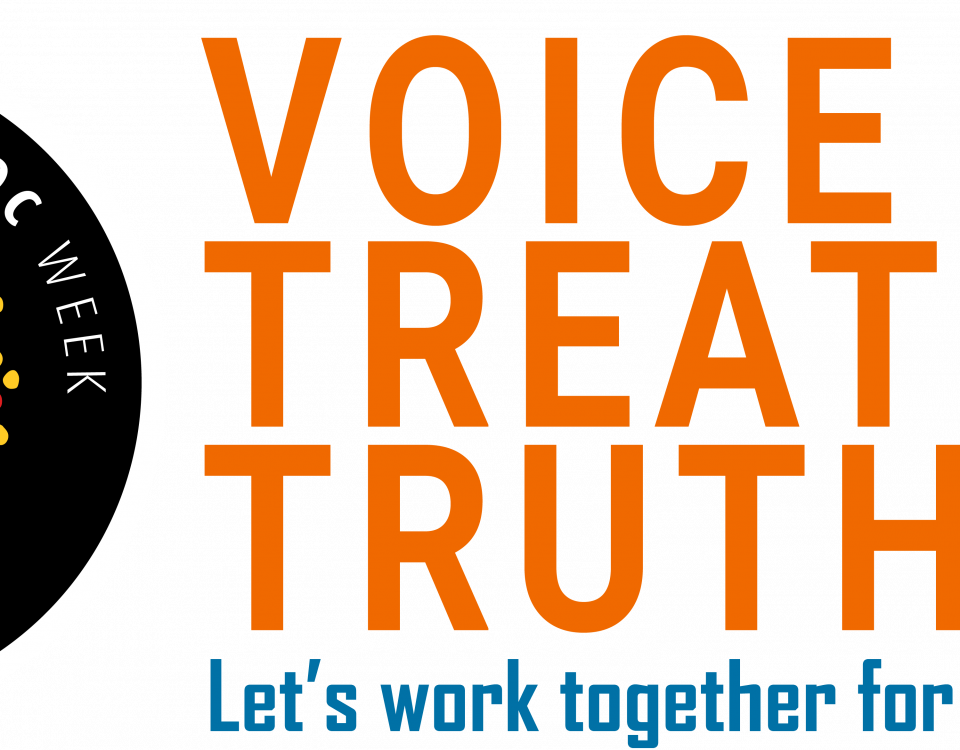To remember and to mourn
February 2, 2015Healing Foundation Public Forum and Webinar
February 13, 2015By Pamela Nathan
The Old Time Past has a Living Presence – Resistance, Withdrawal and/or Timeless and Transforming Endurance?
It was with great interest and relief that I read Rothwell’s articles in The Australian in January (24 & 31) 2015 (‘Rebellion thwarts remote control’ by Nicolas Rothwell, January 24, 2015; ‘Pathways to indigenous empowerment in remote communities‘ by Nicolas Rothwell, January 31, 2015)
His social and political essays spoke of the failure of government engineering on Aboriginal lands and the widening of the Gap and not the bridging of the Gap. He spoke of the coercive potential of policies and programs but the absence of transformation capacity.
What I found most congruent with my own experience was his support of Gerritson who writes of Aboriginal resistance or withdrawal and their determination of Aboriginal people on remote communities to live their traditional life on country – albeit with adaptations to the Whitefellah world. Rothwell writes about the traditionally accented people on their land, who still speak their own language and seek to orient their lives around ceremonial business and, I would add, sorry business. Rothwell writes of the how the remote Aboriginal population routinely engage in determined, finely calibrated collective action which can be demonstrated by the Aboriginal population who converge to perform a complex sequence of ceremonial activities that last for weeks and months and how they supply themselves with all their needs and how sports and gatherings run like clockwork.
Having just returned from Kintore/Walungurru and been privileged to meet the traditional owners in business camp I was struck by their leadership, relatedness, sense of purpose and the survival of ancient traditions which they keep ever so secret, protecting what is the core of their being. There was little English; mostly language. Red headbands and ochred hair were visible. Families gathered at the camp.
One might say there is resistance to or withdrawal from the Whitemen’s world. One might also say that there has been a timeless and transforming endurance and ongoing being of ancient cultural and social and emotional life which lives on, remembers, mourns for the dead, relates to and looks after kin and makes autonomous men of boys, reinforcing a social and emotional unity. We remain blind-sighted to this timeless endurance because we cannot see it or emotionally experience it; albeit many Australians have never visited remote communities. The sacred world, the very fabric of being, remains foreign or becomes a no-thing or a dysfunction or an artefact or an object in need of change or removal or seen as a deficit. Ties to country, Dreamings for country, living life caring for kin with no material context and upholding sacred ceremony with grieving and sorry cuts is a ‘no-thing’, has no comparable value or place in the Whitefellah material world. Aboriginal people in ceremony suffer the pain of remembrance and emotional connections are renewed and reinforced; the dancing feet pounding spirit into the red earth while the erstwhile wailing fires flame. The world of Aboriginal people in remote Central Australia remains timeless like the timeless landscape, weathered, eroded, and changing colour with the light and rains.
On this trip to Walungurru I experienced the fact that the Tjilirra, the traditional tools, are not merely tools or weapons; they are Tjilirra – the Tjukurrpa – the Tingarri, the essence of life, living, power, relatedness and emotional world and the bedrock of country, ancestral past, present and future and therefore the core of Aboriginal being. CASSE is privileged to be able to walk and work alongside the Pintupi people, affirming and recognising their humanity and learning from them and meeting them as a People and not as Problem People. We have much to learn. As Plenty Coup* said: “The Whitefellah might be clever but he is not wise”.
*the story of Plenty Coup is recounted in the ‘Radical Hope’ Facilitator Notes for the CASSE Aboriginal Australian Relations Program. Click here to view.





